Several African leaders have held power for long periods of time. These long-serving presidents frequently preserve their positions through a combination of constitutional modifications, election manipulation, and the repression of political opposition.
The following are the top ten longest-serving presidents and monarchs in Africa as of 2024:
Teodoro Obiang (45 years)
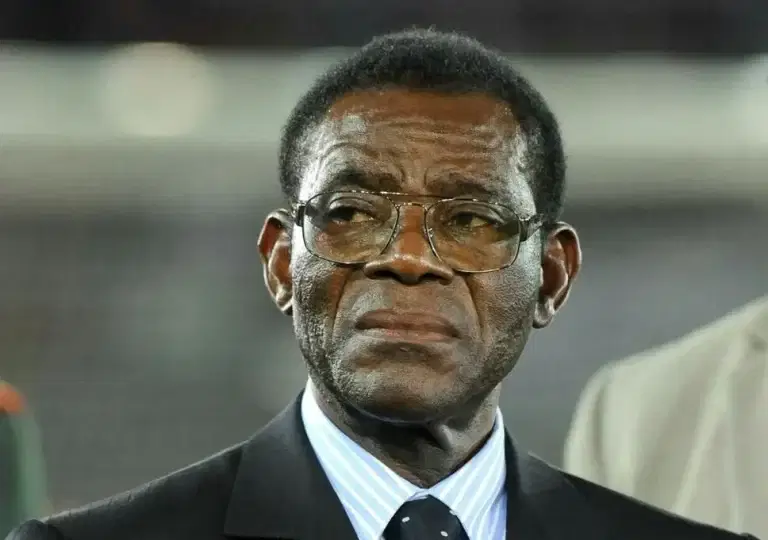
The President of Equatorial Guinea, Teodoro Obiang Nguema Mbasogo, is Africa’s and the world’s longest-serving president. He has held power since August 1979, following a military coup that overthrew his uncle, Francisco Macías Nguema. Obiang’s reign has been marred by allegations of human rights violations and corruption.
Paul Biya (42 Years)
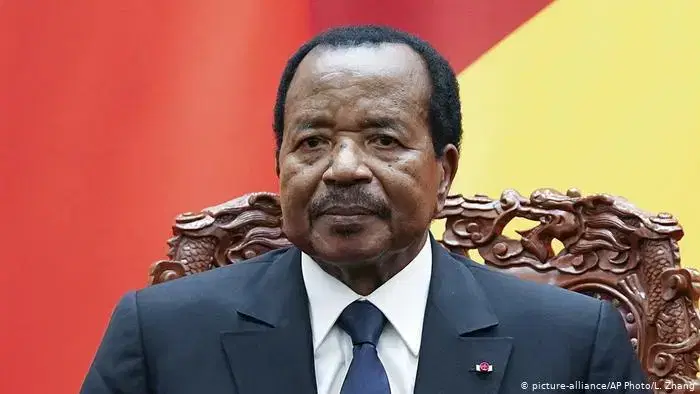
Paul Biya has been Cameroon’s President since November 6, 1982. As Africa’s second-longest-serving president, Biya’s administration is closely backed by France, which has provided military assistance and training. His reign has been criticised for electoral fraud and governance difficulties.
Denis Sassou Nguesso (40 years)
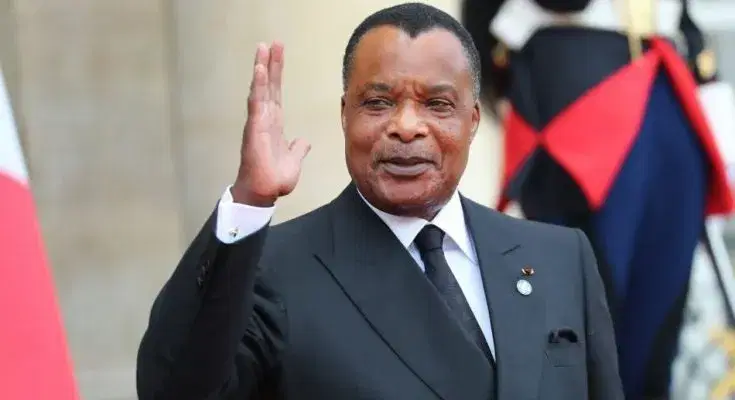
Denis Sassou Nguesso of the Republic of the Congo has been president for a total of 39 years, but not consecutively. His first reign lasted from 1979 to 1992, and he returned to power in 1997 after a civil war. Nguesso’s long reign has been marked by allegations of corruption and dictatorship.
Yoweri Museveni (38 years)
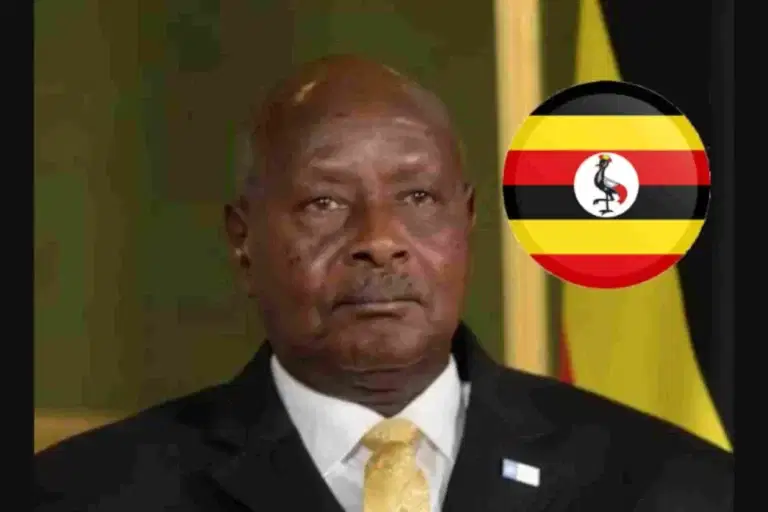
Yoweri Museveni has been President of Uganda since January 1986, making him Africa’s fourth longest-serving president. Museveni came to power following a successful military war against previous administrations. His government has been chastised for alleged electoral fraud and repression of dissent.
King Mswati III (38 Years)
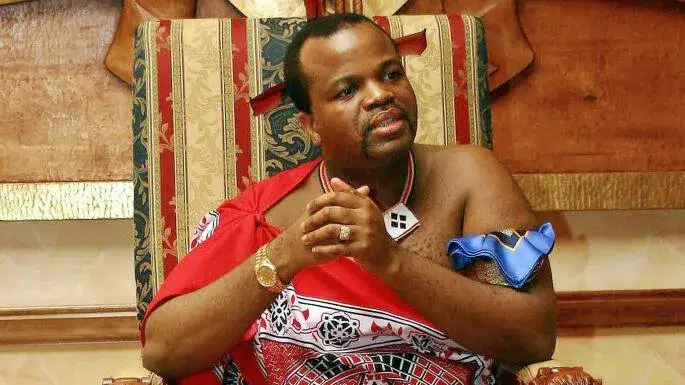
King Mswati III of Eswatini (previously Swaziland) took the throne on April 25, 1986, at the age of 18. He is one of the world’s longest reigning monarchs, governing alongside his mother, Queen Mother Ntfombi Tfwala. His tenure has been characterised by persistent discussions about democratic change and human rights.
Isaias Afwerki (31 years)
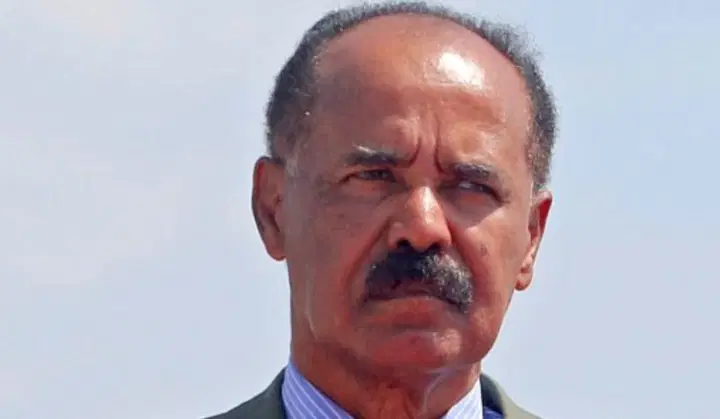
Isaias Afwerki has been Eritrea’s President since its independence from Ethiopia in April 1993. His leadership is notable for its length and the country’s lack of national elections, which has fuelled persistent complaints of human rights and governance.
Letsie III (28 years)
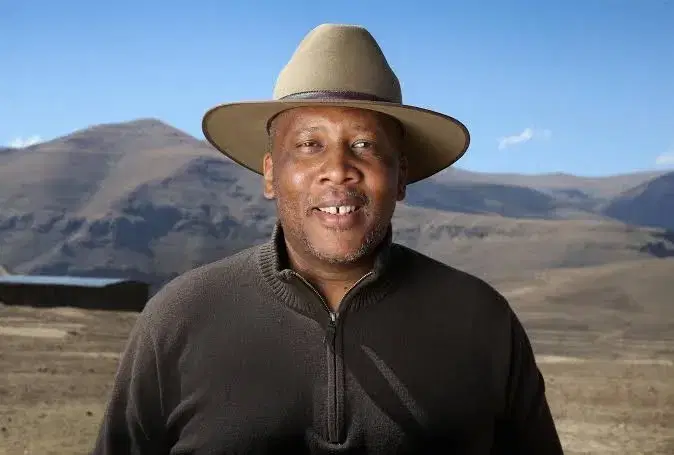
King Letsie III of Lesotho became ruler in October 1997, following the death of his father, Moshoeshoe II. As a constitutional monarch, his function is primarily ceremonial, yet he is one of Africa’s longest-serving kings.
Ismaïl Omar Guelleh (25 years old)
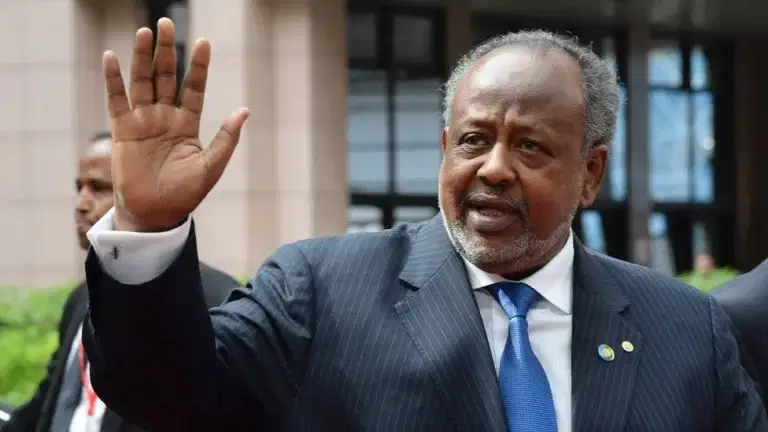
Ismaïl Omar Guelleh has been the President of Djibouti since 1999.He replaced his uncle, Hassan Gouled Aptidon, who had held power since the country’s independence. Guelleh has been accused of extending his presidency using unethical tactics and election irregularities.
Mohammed VI (25 years)
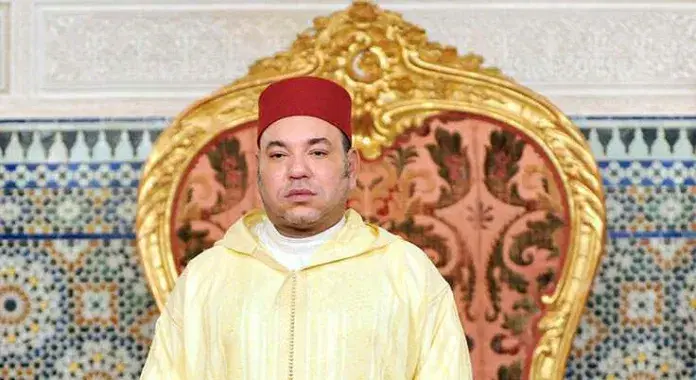
Following the death of his father, King Hassan II, King Mohammed VI of Morocco began his reign on July 23, 1999. His reign has focused on modernisation efforts and economic reforms, but it has also faced criticism.
Paul Kagame (24 years)
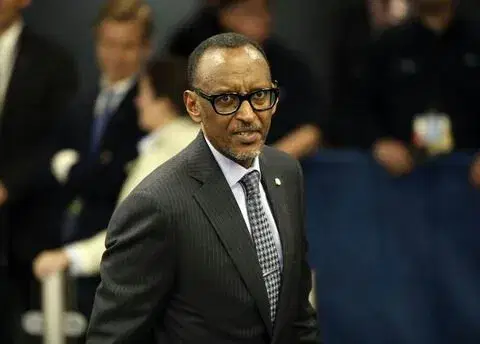
Kagame, who had been the de facto leader since 1994, took office off.











